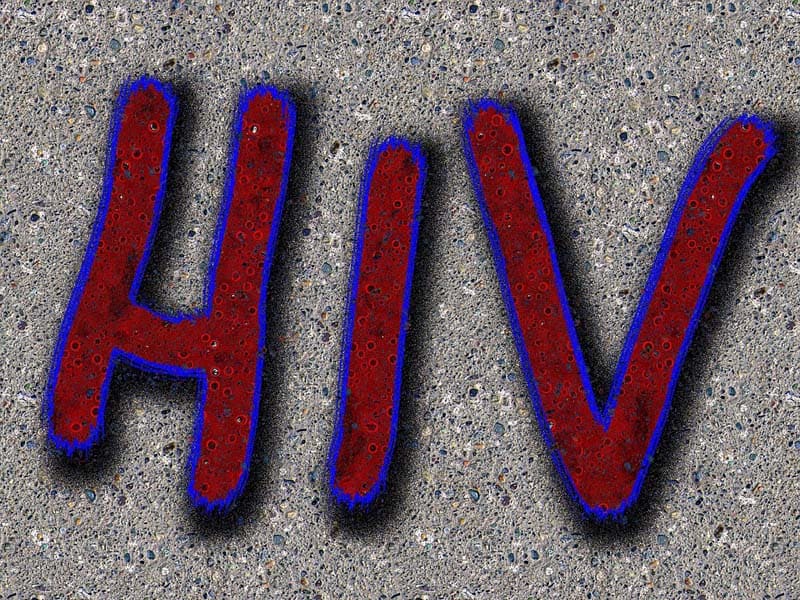Washington : Officials from the National Institutes of Health have said that the results from years of clinical evidence that firmly established that the HIV Undetectable = Untransmittable (U=U) concept is scientifically sound.
According to the experts, U=U means people living with HIV who are able to achieve and maintain an undetectable viral load, i.e., the amount of HIV in the blood, by taking and adhering to antiretroviral therapy (ART) as prescribed cannot sexually transmit the virus to others.
The results, published in Journal of the American Medical Association (JAMA), saw officials from NIH’s National Institute of Allergy and Infectious Diseases (NIAID) review the scientific evidence underlying the theory and discussing the implications of widespread acceptance of the message.
The new commentary saw NIAID Director Anthony S. Fauci, M.D., and colleagues summarize results from large clinical trials and cohort studies validating U=U. The landmark NIH-funded HPTN 052 clinical trial showed that no linked HIV transmissions occurred among HIV affected heterosexual couples when the partner living with HIV had a durably suppressed viral load.
Subsequently, the PARTNER and Opposites Attract studies confirmed these findings and extended them to male-male couples.
The NIAID officials note that the validation of the HIV treatment as prevention strategy and acceptance of the U=U concept as scientifically sound have numerous behavioural, social and legal implications and can help control the HIV pandemic by preventing HIV transmission as it can reduce the stigma that many people with HIV face.
The success of U=U as an HIV prevention method depends on achieving and maintaining an undetectable viral load by taking ART daily as prescribed. However, there are multiple factors that can often make ART adherence difficult. To enhance the overall success of U=U, the authors emphasise the importance of implementing programmes that help patients remain in care and address the barriers to daily therapy.
[source_without_link]ANI[/source_without_link]

